
Starting June 1st, 2023 Our warehouse fee will be $0.65/cubic foot per month
In effort to lower the warehouse storage fee during inflation, we have went narrow aisle racking.This construction took us four months but the project is finally completed. With narrow aisle racking, we are able to drop storage by 24%.We as partners will go through this inflation together.
11/17/2024
As 2025 approaches, the global shipping industry is on the brink of transformative changes driven by political policies, environmental challenges, and technological advancements. These shifts are expected to ripple through supply chains, impact businesses, and influence consumer markets worldwide. Here are five key trends shaping the shipping landscape in the coming year.
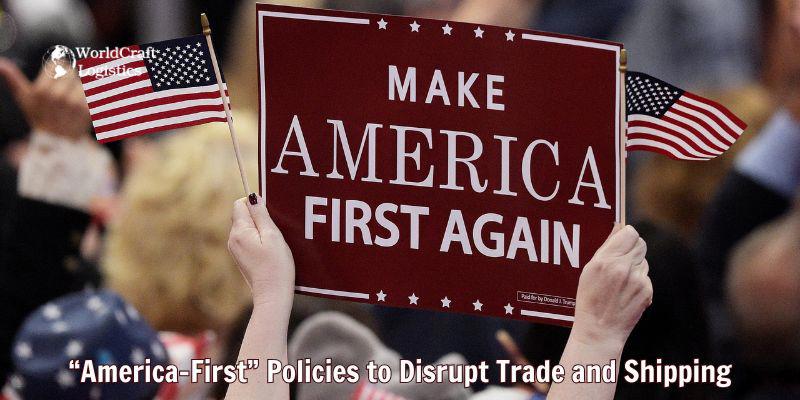
The resurgence of “America-first” trade policies is poised to reshape global shipping in profound ways. Proposals for increased tariffs - up to 20% on all imports and as much as 60% on Chinese goods - aim to prioritize domestic production and reduce reliance on foreign suppliers.
For businesses dependent on international sourcing, these tariffs introduce logistical and financial challenges. Companies are already rushing to frontload imports to avoid looming tariff hikes, creating bottlenecks at major ports and warehouses. This congestion could delay shipments for months, straining supply chains.
Consumers, in turn, are likely to feel the pinch through higher prices. Many brands have acknowledged plans to offset increased import costs by raising retail prices. Others are exploring options like moving production to countries with favorable trade terms or even bringing manufacturing closer to home - a trend known as "friendshoring."
Simultaneously, retaliatory tariffs from key trade partners could further complicate global trade flows. These pressures may drive companies to adopt nearshoring strategies, reducing dependency on distant suppliers and mitigating risks from geopolitical uncertainty.
Related Post: 👉 Trump's Presidential Victory: Implications for Global Supply Chains
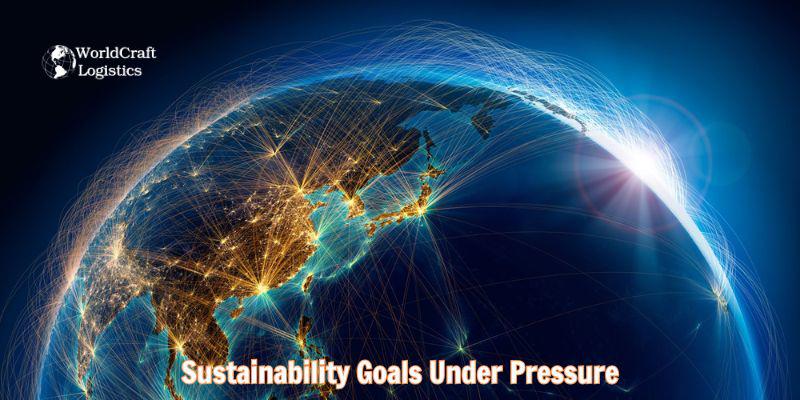
Despite years of corporate and governmental pledges toward sustainability, 2025 may see setbacks in environmental progress.
Large corporations, nearing self-imposed deadlines for reducing carbon emissions and plastic usage, are struggling to meet their ambitious targets. For instance, while COP29 reinforced commitments to cap global temperature rises at 1.5°C, political shifts - such as potential U.S. withdrawal from the Paris Agreement under new leadership - could derail these efforts.
However, many companies remain committed to sustainability at a corporate level. Solutions like lightweight packaging, biodegradable materials, and energy-efficient logistics are being prioritized to achieve carbon neutrality despite regulatory uncertainty.
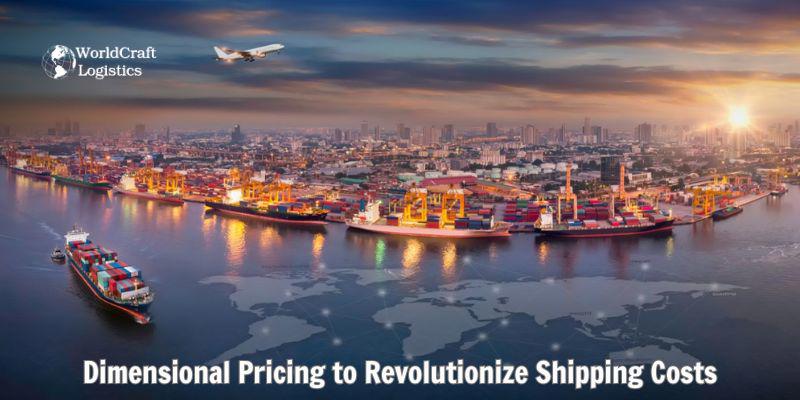
The shift from traditional weight-based pricing to dimensional weight (DIM) pricing is likely to become the norm by 2025.
Under DIM pricing, shipping costs are determined by package volume rather than weight alone. This approach incentivizes businesses to optimize packaging, minimizing wasted space and promoting more compact shipments.
For shippers, this shift represents an opportunity to cut costs by adopting flexible, lightweight materials that reduce the overall size of their packages. It also aligns with broader sustainability goals, as smaller, more efficient packaging reduces shipping emissions and conserves cargo space on transport vehicles.
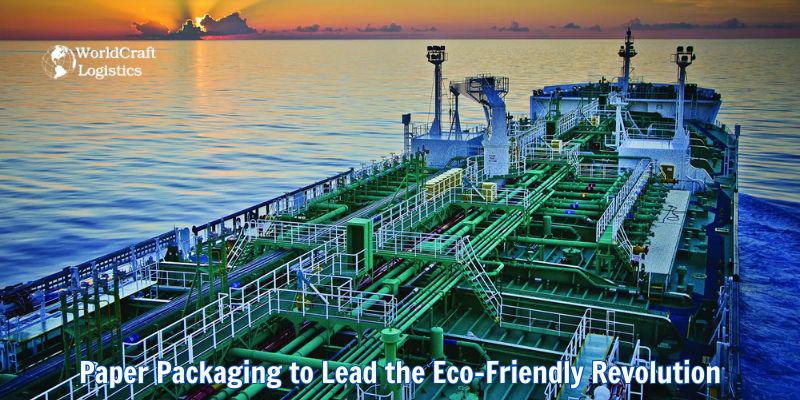
The demand for sustainable packaging remains resilient, even amid potential regulatory rollbacks. Studies show that over 60% of consumers prefer products with environmentally friendly packaging and are willing to pay nearly 10% more for such options.
Paper-based packaging, in particular, is emerging as a dominant alternative to plastic. The North American paper packaging market is projected to reach $116 billion by 2030, with an annual growth rate of 4%. Virgin paper is especially favored for its recyclability and biodegradability, helping brands align with consumer preferences and reduce their environmental footprint.
With advancements in paper packaging technology, companies are finding innovative ways to meet sustainability demands while maintaining product quality and protection.
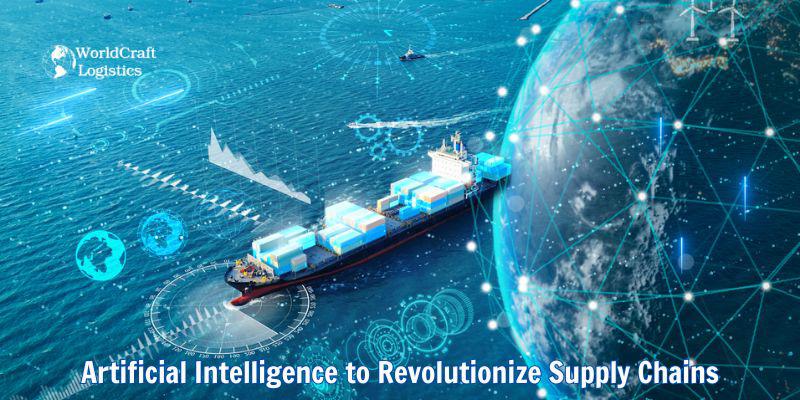
Artificial intelligence (AI) is set to play a pivotal role in modernizing the shipping industry in 2025. Looser regulations around AI technologies may accelerate their integration into logistics and supply chain management.
AI tools offer numerous benefits, including real-time inventory tracking, predictive analytics, and demand forecasting. By leveraging AI, companies can minimize delays, optimize shipment routes, and better manage inventory levels. Machine learning algorithms can also predict market fluctuations, helping businesses stay agile amid rising costs and evolving trade policies.
The adoption of AI technologies could significantly enhance supply chain resilience, enabling companies to navigate challenges such as tariff changes, resource scarcity, and operational inefficiencies.
The shipping industry is entering a period of profound transformation. These five trends - shaped by politics, environmental priorities, and technological innovations - will redefine global trade dynamics in 2025. For businesses, staying ahead of these changes is crucial to navigating a rapidly evolving landscape and seizing new opportunities.
SEO
Digital Marketing/SEO Specialist
Simon Mang is an SEO and Digital Marketing expert at Wordcraft Logistics. With many years of experience in the field of digital marketing, he has shaped and built strategies to effectively promote Wordcraft Logistics' online presence. With a deep understanding of the logistics industry, I have shared more than 500 specialized articles on many different topics.

Hot News
08/05/2024
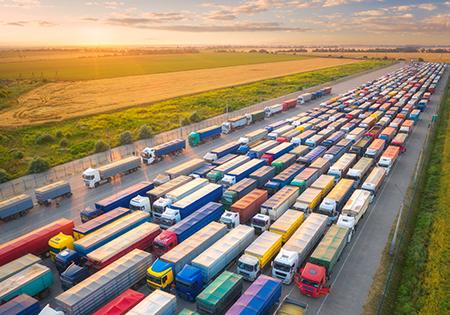
Hot News
02/23/2023
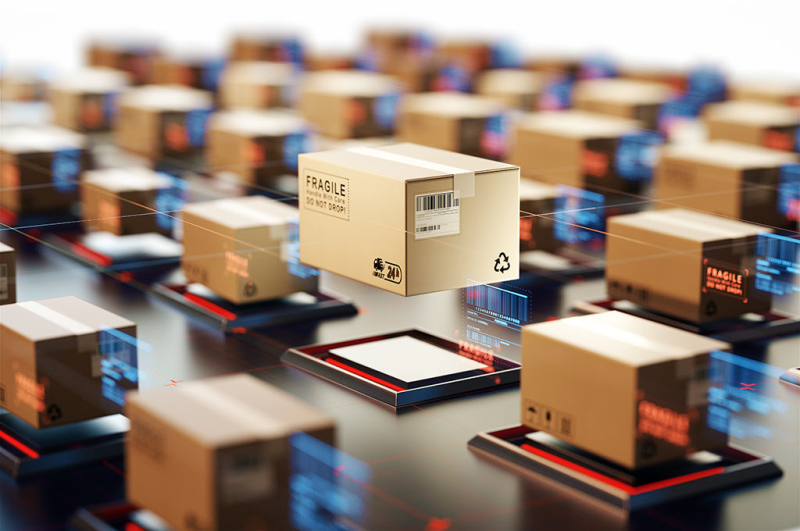
Hot News
02/23/2023
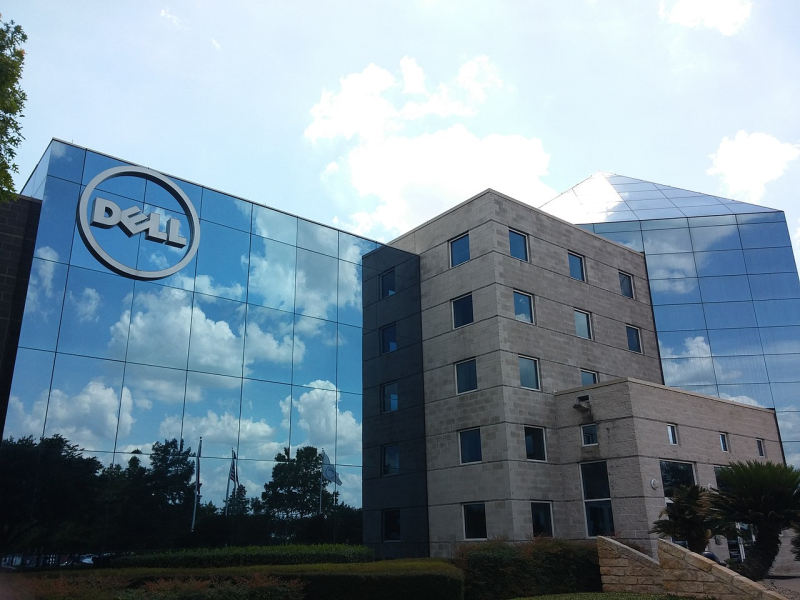
Hot News
02/06/2023
Hot News
02/07/2023